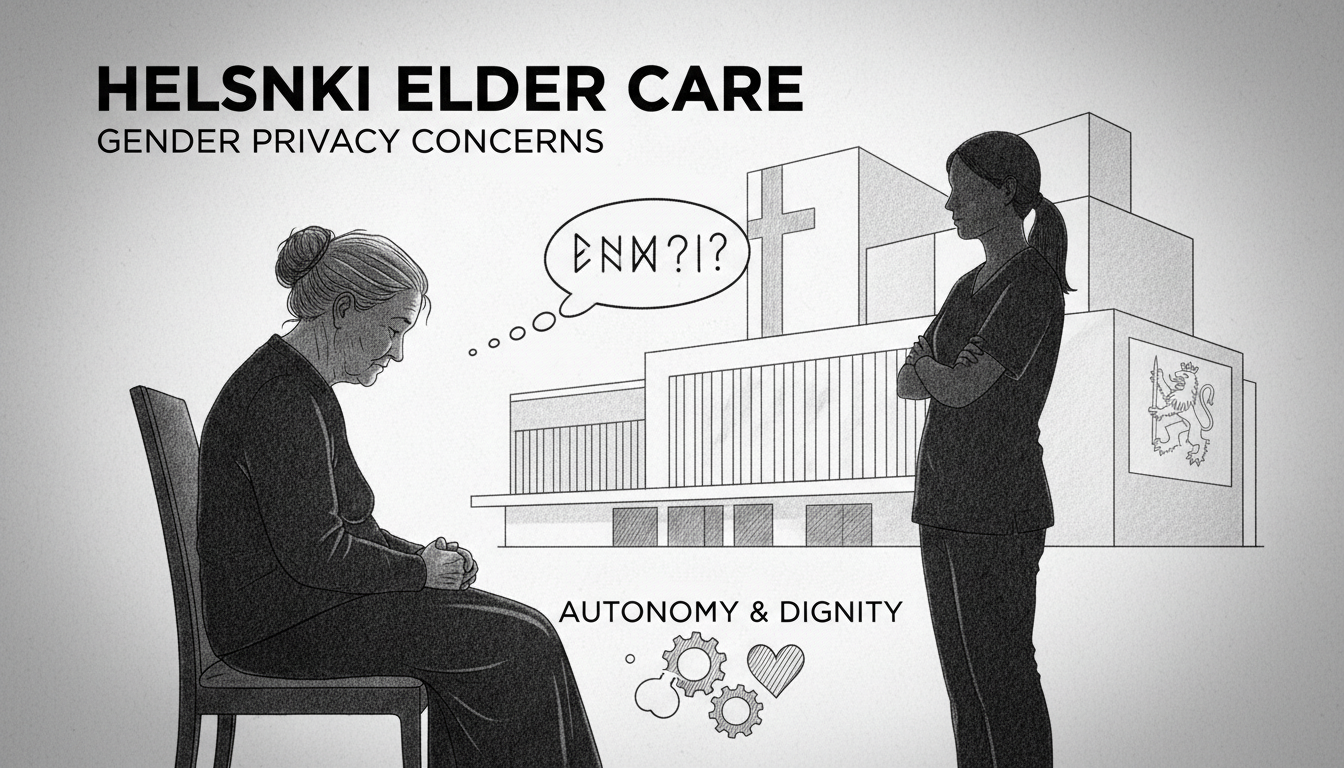A 78-year-old Helsinki woman recovering from a stroke faces daily distress with the city's gender-neutral home care approach. Male caregivers now assist with intimate personal hygiene tasks despite her repeated requests for female assistance. The Helsinki home care department maintains its position on gender neutrality in caregiver assignments. This situation highlights growing tensions between policy implementation and patient dignity in Finland's elder care system.
Home care director Helena Venetvaara acknowledges the challenges in scheduling but defends current practices. She states that work shift planning remains extremely difficult given current circumstances. The department cannot always accommodate patient preferences due to staffing constraints. Approximately half of the caregivers in some home care teams are male according to official figures.
Finnish law requires home care to be arranged in cooperation with the client through listening and negotiation. No specific guideline about gender neutrality exists in published home care regulations. The disconnect between legal requirements and practical implementation creates confusion for vulnerable elderly residents.
The Helsinki resident experiences mobility challenges following her cerebral infarction. She requires adult diapers and needs assistance with personal hygiene twice daily. While acknowledging all caregivers have been professionally courteous regardless of background she maintains strong preferences about gender during intimate care procedures.
This case reflects broader questions about patient autonomy in Finland's social care framework. Elderly individuals increasingly question when they lose self-determination rights. The balance between efficient service delivery and personal dignity requires careful consideration by municipal authorities.
Home care staffing levels remain adequate according to department leadership. Multiple applications arrive for open positions regularly. However employee limitations like allergies can affect work schedule planning and complicate client assignments.
Customer feedback about male caregivers has decreased in recent years based on supervisor reports. One experienced home care supervisor noted that families have grown accustomed to male caregivers and now trust them completely. This suggests cultural adaptation may be occurring gradually across the service area.
The fundamental question remains whether gender neutrality policies should override personal comfort during vulnerable moments. As Finland's population ages these delicate balance between policy and personal preference will become increasingly important for social care providers nationwide.

